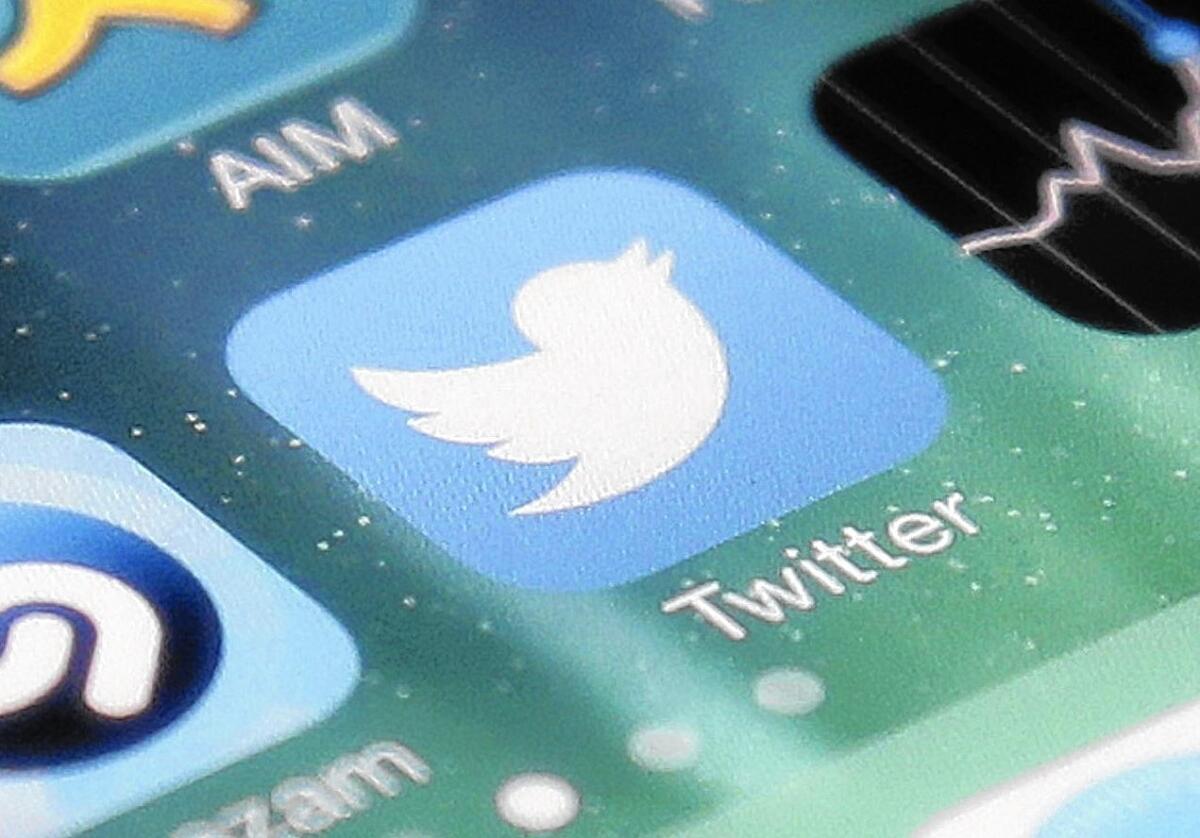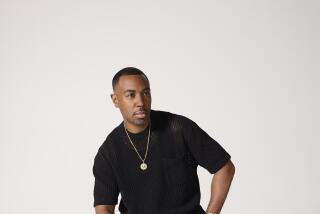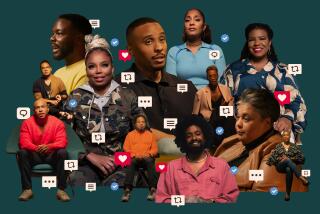Op-Ed: Is Twitter flatlining or more important than ever? Probably both.

I was a reluctant tweeter.
“Do you think I’ll be shunned at a tech conference if I don’t have a Twitter account?” I earnestly asked a colleague in 2009.
“I hate having one to be perfectly honest,” my friend answered, “but I feel like I have to.”
Seven years later, Twitter still seems mandatory for journalists, activists, techies, celebrities, and political junkies. For everyone else, Twitter is decidedly inessential. Depending on your point of view, it’s more important than ever—or it’s flatlining.
Twitter is still mentioned alongside behemoths like Facebook, Instagram, and Snapchat... But only 20% of Americans are on Twitter--compared to 62% who use Facebook.
In its early days, Twitter was a digital watercooler where media early-adopters talked shop in 140-character bursts. By 2009, the year I was feeling pressure to join, it had garnered a reputation as the place where strangers tell you what they ate for lunch. (A survey from that year found that 78% of tweets could be categorized as “pointless babble” or “conversational.”) Unlike Facebook, where that “pointless babble” was presumably coming from people you knew in real life, Twitter gained a reputation as a hub for the chattering masses.
In the following years, that chatter gained importance. Twitter was credited with fueling democratic uprisings across the Arab world and helping the activists of Occupy Wall Street and Black Lives Matter to connect with each other. There seemed to be general agreement that this was now a global town square, made accessible by the growth in mobile use. In 2013 Twitter went public, its shares soaring to more than 73% above the offering price on its first day on the New York Stock Exchange.
Today Twitter is still mentioned alongside behemoths like Facebook, Instagram, and Snapchat as a hugely important social medium. It’s where I go to see what everyone’s saying about the Grammys or the latest primary debate. It’s how I learn about major events like the death of a Supreme Court justice. And it’s often at the center of the news — the place where famous tech investors insert their feet in their mouths, where Donald Trump responds to his fellow Republicans in bloviating real time and where Kanye West has public meltdowns.
But only 20% of Americans are on Twitter—compared to 62% who use Facebook. And Twitter has stopped growing. It’s failed to entice new users to sign up, and only a third of its existing users log on more than once a day. Shares in the company are worth less than the day it went public. At a tech-industry awards show in San Francisco last week, host Chelsea Peretti showed a prerecorded “Save Twitter” faux-infomercial featuring celebrities pleading for people to “mobilize” around the issue.
This disconnect between Twitter’s perceived cultural importance and its failure to live up to the standards of the stock market has birthed a bevy of rumors about how it might change in order to court more users and make more money. Co-founder Jack Dorsey recently took over as CEO again in an attempt to right the ship, and Twitter’s most loyal users are worried that he’ll expand the site’s signature 140-character per-post limit or—even worse—replace the reverse-chronological stream with selected tweets that an algorithm thinks you’ll enjoy, much like Facebook’s News Feed. For a while, the hashtag #RIPTwitter was trending.
Twitter’s turmoil has led to much arguing about what—and whom—the site is for. Is it a virtual public space where anyone can put forth ideas and opinions? Or is it like any publicly-traded company whose main goal is to make money for its investors? Perhaps the best course is for Twitter to stress the former, and improve the service accordingly.
Twitter replicates many of the advantages of a public space—and many of the problems. The company has been criticized for its failure to rein in harassment, particularly hateful tweets targeted at female users. Facebook offers more protection from the pitchfork-wielding masses, because it requires users to sign in with their real names and offers more sophisticated privacy settings. It’s conceivable that Twitter could adopt some of those protections—such as offering more options for blocking and muting users—while retaining its town-square feel.
Twitter could also openly embrace the role it plays for activists and historically marginalized groups. The site’s real-time information flow and public nature make it an ideal organizing tool; and a Pew Research Center study found that African-Americans and Latinos are more than twice as likely to use the service as white Americans. It could actively support its activist users, and specifically try to gain the trust of minority users.
Rather than trying to acquire a maximum number of users and fill their timelines with a maximum number of ads, Twitter should be cultivating the communities that already use it to thrive. It’s never going to be an indispensible tool for everyone, but that doesn’t make it any less important.
Ann Friedman is a contributing writer to Opinion.
Follow the Opinion section on Twitter @latimesopinion and Facebook
More to Read
A cure for the common opinion
Get thought-provoking perspectives with our weekly newsletter.
You may occasionally receive promotional content from the Los Angeles Times.










